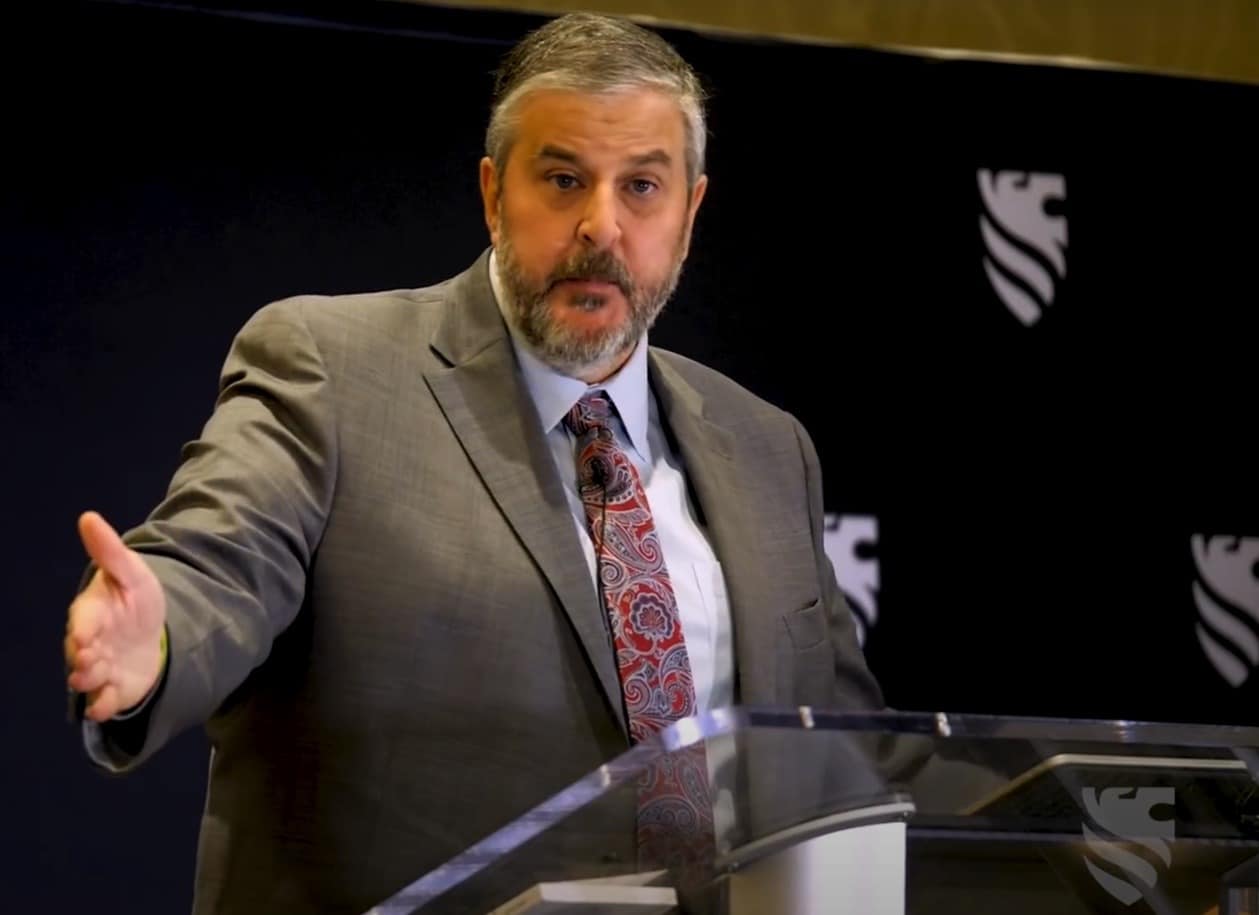A few years ago, I read a news report about a woman who had been kicked off her airline flight because her “emotional support pig” became disruptive. The article explained that support animals had become an increasingly common way for people to cope with stress. Now, I do not know whether such a thing is helpful. In fact, since reading that report, it crossed my mind while flying that I would prefer a support pig in the seat next to me instead of the current occupant. But what I do know is that people are looking for any and every way to cope with life’s troubles.
For many, holidays are a mixture of joy and sadness. For some, a loved one died around a holiday or it is the first holiday since he or she passed. That memory becomes an ever-present reality amidst all the festivities. For others, the holidays reopen the wounds of a strained or broken relationship. Whatever the case may be, many people find themselves feeling troubled during the holidays. Therefore, how should Christians process the stress and heartaches of life, especially as we approach a holiday like Thanksgiving? How do I give thanks when my spirit is deeply troubled?
The good news is that Scripture offers us a surer and a more lasting way to respond to the troubles in our life. As I have faced my own trials, Psalm 86 has been of great encouragement to me.
Psalm 86
David’s psalm has a solemn and somber mood to it. It is called a psalm of lament. David feels alone, isolated, and troubled. He ultimately cries out for God’s help and deliverance. The specific trouble is not revealed until verse 14 where David announces that there are men seeking to kill him.
Now, this should cause us to pay close attention because David’s trouble is not a trivial thing. Whatever your trouble may be, it is likely that it is not someone trying to take your life. My point is not to say, “Whatever trouble you’re facing, David had it worse.” One answer the world gives to cope with our problems is to remind us that there is always someone who has it worse. But that is not my intention, nor is it the way Scripture addresses our troubles. I do not seek to diminish or dismiss whatever trouble you are facing right now, but to emphasize that David’s example can encourage you because he is in a very dark place. And if God can help David there, he can surely help you wherever you are.
Furthermore, amid men seeking to kill him, David is brought to say, “I will give thanks to you, O Lord my God, with all my heart” (v. 12). And this thanksgiving is expressed to the Lord before David tells the Lord what troubles him or before he asks the Lord to be delivered from his plight. He is troubled and thankful.
But how do we get there? Well, David shows us the way.
David Meditates Upon His Need for the LORD
Even though David feels overwhelmed by his circumstances, he is driven to God in prayer. What is remarkable about his prayer is how long it takes him to give the details of his problem. I often find the first thing I do is express my problem to God. But that is not where David begins.
In verses 1-4, David recognizes his needy condition and comes to God in complete and utter dependence. He knows there is nothing he can do for himself and comes like a child to his father who knows there is no one else who can truly help him.
Then, after David confesses his own neediness, he begins to consider the character of God in verses 5-10. David mounts up arguments to express his confidence in God. The LORD is good, ready to forgive, abounding in love, and answers prayer. There is no one like Him, and all the nations will one day bow down in worship before him.
Often our tendency is to meditate on our problems, but what we need is to mediate on the greatness of God. David knows that the character of God is perfectly matched for his need in the moment. When you feel overwhelmed by your troubles, the first step on the path to thankfulness is to focus on your glorious God and his ability to meet your need.
Often our tendency is to meditate on our problems, but what we need is to mediate on the greatness of God.
At this point, David still does not immediately move to petitioning God specifically about his trouble. Instead, he desires to grow in his knowledge of the LORD so that his heart may be fully devoted to the LORD.
David Desires an Undivided Heart to the LORD
Because God is so great and marvelous, David wants to know more. Therefore, he asks the LORD to teach him his way so that he might walk in it. What David ultimately desires is a heart that is fully devoted to the LORD and his truth. This is what David means when he says, “unite my heart to fear your name” (vs. 11). He is expressing that he desires a single-minded devotion to the LORD. He does not want a heart that is sort of tugged towards the things of the world and sort of tugged toward God. He wants a heart that is completely united to God.
So often our hearts are divided and move in different directions. We are reminded of this whenever we sing these words: “Prone to wander, LORD, I feel it, prone to leave the God I love; Here’s my heart, O take and seal it, seal it for Thy courts above.”
David knows that if his heart is fully devoted to and focused on the one true God, then he will be able to give thanks with all his heart. “Teach me Your way, O LORD; I will walk in Your truth; Unite my heart to fear Your name. I will give thanks to You, O LORD my God, with all my heart, and will glorify Your name forever” (vs. 11-12).
For David, there must be no divided loyalties. He is completely God-centered. The ultimate reason he wants God to answer his prayer is because he wants God to be glorified. This is what allows him, even in his trouble, to give thanks to God. We tend to think that thanksgiving is birthed out of our deliverance, but the path of David teaches that thanksgiving is birthed out of a desire for God to be glorified in the middle of our troubles. If you want to be thankful, even in your trials, follow David’s steps.
Mediate upon your glorious God and how His character is perfectly matched to meet your need. Then have a single-minded devotion for the LORD to be glorified even in your troubles. That is the pathway to be troubled and thankful.
Giving Thanks in our Troubles
At the end of the day, although David’s trouble was great, he saw his God as greater. And although his affliction was heavy, he saw the glory of God to be weightier. This is what enabled David to give thanks in his trouble.
Although David’s trouble was great, he saw his God as greater. And althought David’s affliction was heavy, he saw the glory of God to be weightier.
What about you? What if you came to see the troubles in your life not as something robbing you of your ability to be thankful, but as grounds for giving thanks?
What if your troubles served to more deeply illustrate your need for God?
What if your troubles worked to build your confidence that God is your only hope?
What if God intended to use your troubles to create within you a single-minded devotion to Him?
What if you saw your troubles as another opportunity for God to be glorified in your life?
Whatever may be troubling you, my prayer this Thanksgiving is that it will be used to point you to your need for God and remind you of your need for a heart that is fully devoted to the LORD. Then I pray you will feast and say with David, “I will give thanks to You, O LORD my God, with all my heart.”




